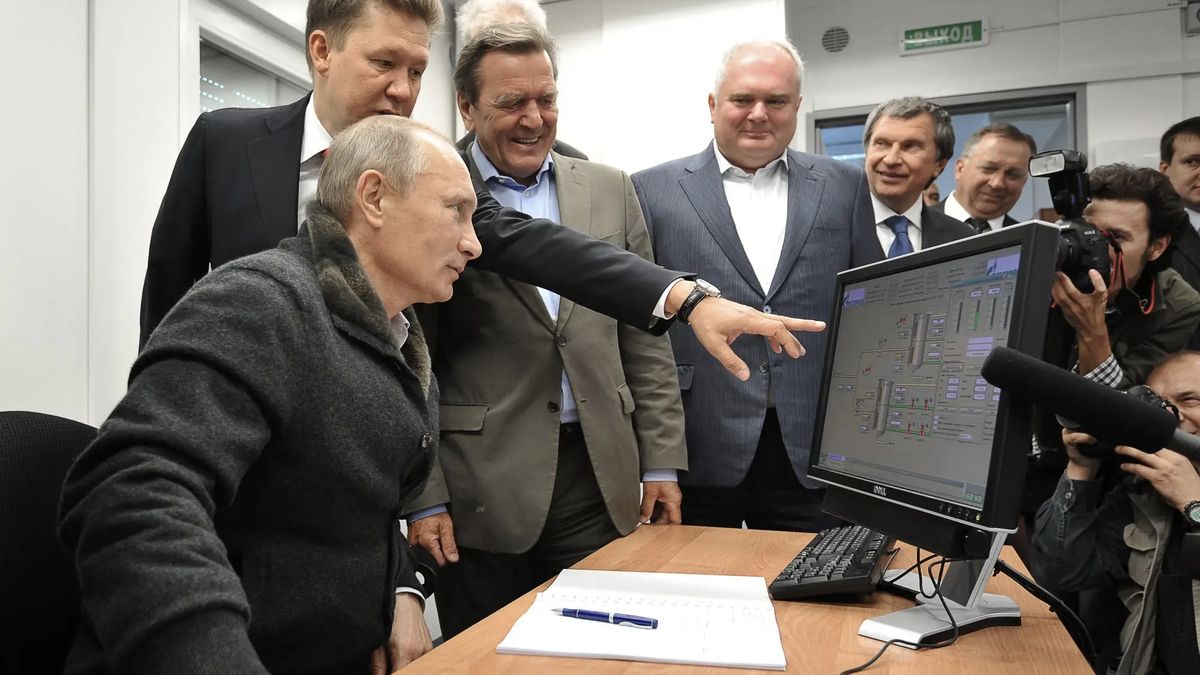Russia’s ambitions for ‘digital sovereignty’ had a sudden encounter with the real world this week, as the country’s plans for a state-funded Russian “national game engine” went up in smoke just as soon as its parliament realised the project was going to cost a lot and earn little. It’s not dead yet, though, Vedomosti reports that an unnamed private investor has stepped in to keep the project going.
Minister for Digital Development Maksut Shadayev branded the saga of the Russian tech industry’s plans for a homegrown alternative to Unreal Engine and Unity a “painful story”. For good reason, too: Shadayev told the Duma—Russia’s parliament—that the proposal for a Russian engine was “poorly monetised,” and would cost far more than it would bring in. A bucket of cold water for a national ambition that once burnt very hot indeed.
Shadayev added that it would be “pointless” for the Duma to talk about grants for Russian developers who pledged to use a domestic engine. Seems reasonable, given the fact that the Russian national engine is purely hypothetical at this point and Shadayev himself just shot down its chance at state funding. But it does raise the question as to whether Russian developers have already been drawing up business plans based on securing ‘patriotic’ grants.
The Minister said that the scheme would have to rely on private finance if it wants to proceed, and someone seems to have listened to him. Sources tell Vedomosti that a private investor—thus far unnamed—has stepped in to fill the funding vacuum left by the Russian state. Of course, back in July, Russian media reported that the project would require “billions of rubles” to ever see fruition. One private investor—unless they’re a particularly wealthy and spendthrift oligarch—may not be enough to see the project through, but it’s probably enough for life support.
It’s quite a surprise to see these plans run into a rough reception in Russia’s parliament: they had the backing of big names in the Russian tech sector—like the country’s state-linked Facebook-alternative VKontakte—as well as the support of internet backbone Rostelecom. It seems that even heavy-hitters like those can’t evade reality for too long, though. Although western sanctions have had a less severe impact than forecasts once suggested, Russia’s economy is still in a very delicate position. It turns out no amount of backing can make throwing billions of rubles at a game engine during wartime look like a good idea.
